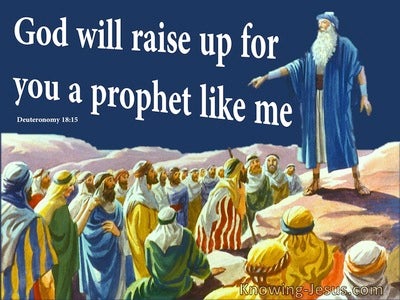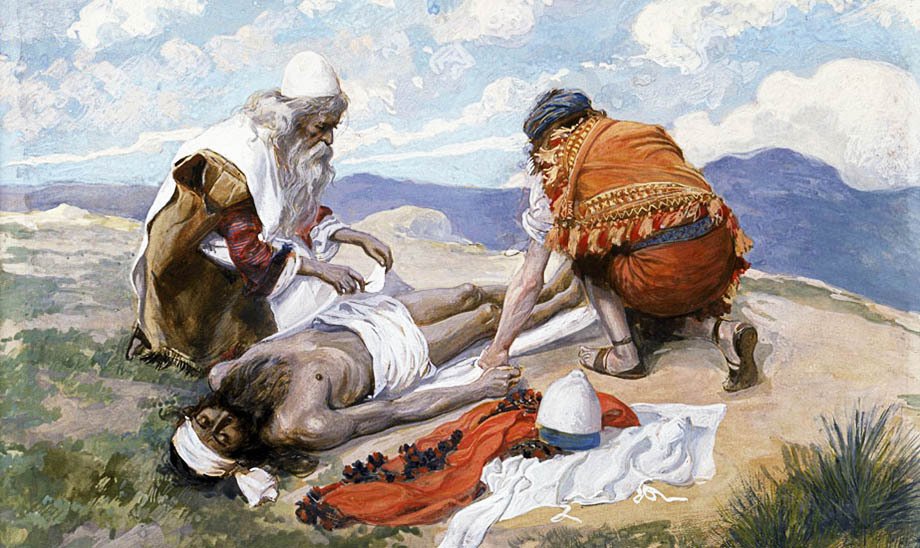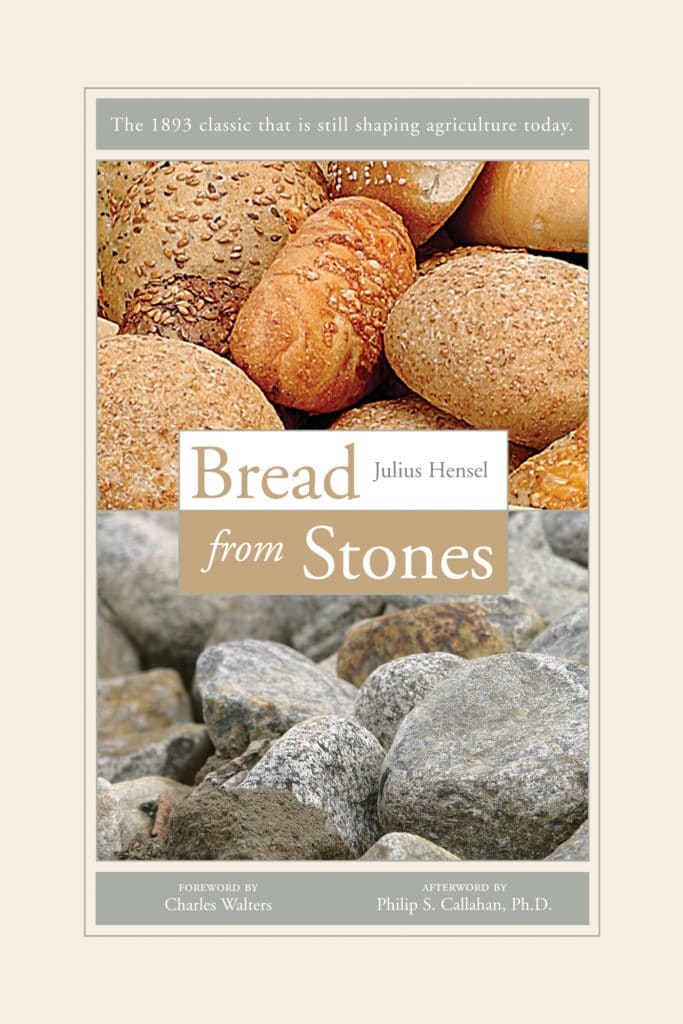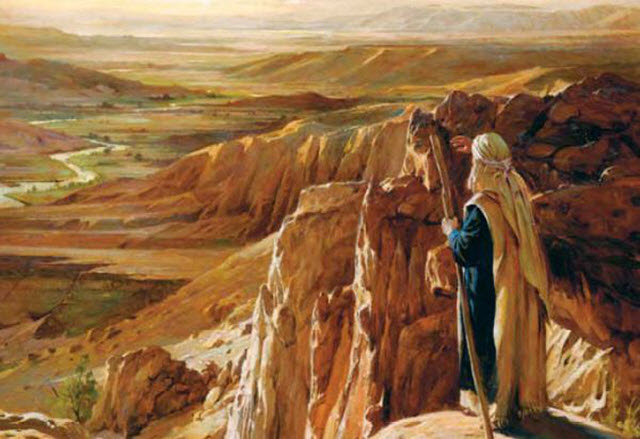To accompany your Come Follow Me study for May 16-22
In addition to reading the indicated chapters, you may wish to:
- Read the applicable portions of the Old Testament Institute Student Manual
- See the following YouTube video dealing with this week’s material: Come Follow Me 2022 (May 16-22) Deuteronomy 6-34 | Moses’ Farewell at https://www.youtube.com/watch?v=xB19rnbBPFg
- See the following YouTube video dealing with this week’s material: https://www.youtube.com/watch?v=PcvfDlNKz2c
- Read the remaining chapters of Deuteronomy, to find out what everyone else will be missing!
If you would like a Kahoot game related to this material which you could use for personal study or use with your family or your class, click here: https://create.kahoot.it/share/deuteronomy-6-8-15-18-29-30-and-34/3d106b2a-c711-4e3e-8bc2-24edcc63a00b
Points to Ponder in Deuteronomy 6-8, 15, 18, 29-30, 34
1. Deuteronomy 6:4-9 is the first paragraph of what came to be known in Judaism as the “Shema,” a declaration which the faithful were to recite morning and night and which also became part of the daily temple service. If you had to boil it down to its essence, what would you pick out as the two most important words in these verses? Why?

2. What would you consider the single most important word in 6:10-15 that the Lord warned the people NOT to do?
3. What does it mean in 6:16 that we should not “tempt” the Lord? What might be a better translation? Where did Jesus quote this passage? What application would this have in our lives?
4. Why was the Lord so adamant that the Israelites were not to marry any of the people already living in the Promised Land? Couldn’t that have been a good missionary tool?
5. As latter-day members of the House of Israel (at least by adoption), what implications do you see in 7:6 for what we are supposed to do about the fact that we are “a special people … above all people that are upon the face of the earth”? Order a larger hat? Look down on non-members?
6. What would you consider the four major specific blessings the Lord promised in 7:12-26 if the Israelites were obedient, and how would you prioritize them from most important to least important?
7. On what occasion did Jesus quote Deuteronomy 8:3? How would you formulate it into a more understandable piece of counsel for today?
8. What two miracles do we learn in Deuteronomy 8 and Deuteronomy 29 that the Lord provided for the Israelites in the desert that aren’t as clear from Exodus, Leviticus, or Numbers? What implications does this have for how the Lord can bless faithful tithe payers other than by increasing their income?
9. How many times in Deuteronomy 8 can you find the Lord urging His people to “remember” or not “forget”?
10. When the Lord says in 15:6, “thou shalt not borrow,” does that mean we should not incur debt, even for an education or a home? If so, why? If not, what does it mean?
11. Why did the Lord have a law that all debts were to be wiped out at the end of every seven years? Wasn’t that a bit unfair to the creditors?
12. Why didn’t the Lord allow those of the tribe of Levi to have a land inheritance in the Promised Land, along with the other tribes?
13. What verse in Deuteronomy 18 is most likely to cause surprise to a reader who thought that the “higher law” was contained only in the New Testament?
14. Why shouldn’t Latter-day Saints try to convince their non-member friends that Deuteronomy 18:15 is a prophecy about Joseph Smith?

15. Why do Latter-day Saints believe Moses was translated without tasting death, when Deuteronomy 34:5-6 clearly tells us that Moses died in the land of Moab and was buried by the Lord Himself?

16. What else in Deuteronomy 34 would stand out to Latter-day Saints as familiar ideas?
Possible Answers to Points to Ponder in Deuteronomy 6-8, 15, 18, 29-30, 34
1. Deuteronomy 6:4-9 is the first paragraph of what came to be known in Judaism as the “Shema,” a declaration which the faithful were to recite morning and night and which also became part of the daily temple service. If you had to boil it down to its essence, what would you pick out as the two most important words in these verses? Why?
Probably “love” and “teach.” Everything else seems to follow from those two ideas.
2. What would you consider the single most important word in 6:10-15 that the Lord warned the people NOT to do?
Probably “forget.”

3. What does it mean in 6:16 that we should not “tempt” the Lord? What might be a better translation? Where did Jesus quote this passage? What application would this have in our lives?
The footnote suggests that “test” might be clearer. Jesus quoted this to Satan when the devil tried to get Him to jump off the top of the temple and rely on angels to catch Him before He got hurt. We should similarly not expect God to rescue us from problems we got ourselves into by our foolishness or transgression.

4. Why was the Lord so adamant that the Israelites were not to marry any of the people already living in the Promised Land? Couldn’t that have been a good missionary tool?
The problem, as 7:4 points out, is that there was too great a likelihood that rather than convert their spouses, the spouses would lead them away into a worship of false gods.
5. As latter-day members of the House of Israel (at least by adoption), what implications do you see in 7:6 for what we are supposed to do about the fact that we are “a special people … above all people that are upon the face of the earth”? Order a larger hat? Look down on non-members?
The Lord did not say we were “a special people” but that we were chosen to be such. We thus have an obligation to live better and work harder than would be expected of those not so called and who have not made a covenant with the Lord. In other words, just being a Latter-day Saint does not make one a latter-day saint.
6. What would you consider the four major specific blessings the Lord promised in 7:12-26 if the Israelites were obedient, and how would you prioritize them from most important to least important?
For me they might be:
- Large families (7:13-14)
- Health (7:15)
- Military success (7:22)
- Agricultural prosperity (7:13)
7. On what occasion did Jesus quote Deuteronomy 8:3? How would you formulate it into a more understandable piece of counsel for today?
Jesus quoted it to Satan in Matthew 4:4, on the Mount of Temptation. We might wish to say, “It is at least as important to nourish the soul with daily scripture study and meditation as it is to eat.”

8. What two miracles do we learn in Deuteronomy 8 and Deuteronomy 29 that the Lord provided for the Israelites in the desert that aren’t as clear from Exodus, Leviticus, or Numbers? What implications does this have for how the Lord can bless faithful tithe payers other than by increasing their income?
- He kept their clothes, including their shoes, from wearing out for 40 years! (8:4; 29:5)
- He kept their feet from hurting for the same period of time. (8:4)
The Lord can similarly help us by keeping our cars from breaking down, our clothes from wearing out, costly illnesses afflicting us, or out appliances needing repair, if we are faithful to Him.

9. How many times in Deuteronomy 8 can you find the Lord urging His people to “remember” or not “forget”?
- 8:2: Thou shalt remember….
- 8:11: Forget not….
- 8:14: Forget the Lord thy God….
- 8:18: Thou shalt remember….
- 8:19: If thou do at all forget….
10. When the Lord says in 15:6, “thou shalt not borrow,” does that mean we should not incur debt, even for an education or a home? If so, why? If not, what does it mean?
The Lord is not here giving counsel about contracting debt, though His servants have done so on occasion. Here He is simply saying that the Israelites, if faithful, would be so rich they would have no need to borrow from the nations around them, though they would be in a position to lend to them.

11. Why did the Lord have a law that all debts were to be wiped out at the end of every seven years? Wasn’t that a bit unfair to the creditors?
Some creditors no doubt thought it was unfair, but the Lord warned them not to think that way. His purpose was to bless the poor by leveling the playing field somewhat every seven years.
12. Why didn’t the Lord allow those of the tribe of Levi to have a land inheritance in the Promised Land, along with the other tribes?
This was an honor, not a curse. God explained that He Himself was to be their inheritance, in that they alone would serve as His priests at that period of time. They would be supported by the sacrifices and offerings made by members of the other tribes.
13. What verse in Deuteronomy 18 is most likely to cause surprise to a reader who thought that the “higher law” was contained only in the New Testament?
Quite possibly 18:13, “Thou shalt be perfect with the Lord thy God,” which sounds like it could have come straight from the Sermon on the Mount.
14. Why shouldn’t Latter-day Saints try to convince their non-member friends that Deuteronomy 18:15 is a prophecy about Joseph Smith?
Because it is not. Peter (in Acts 3:22-23), Nephi (in 1 Nephi 22:21), and Jesus Himself (in 3 Nephi 20:23) clearly tell us that Moses was foretelling the birth of Jesus Christ.
15. Why do Latter-day Saints believe Moses was translated without tasting death, when Deuteronomy 34:5-6 clearly tells us that Moses died in the land of Moab and was buried by the Lord Himself?
Reasons include:
- It was necessary that Moses have a physical body in order to confer sacred keys upon Peter, James, and John on the Mount of Transfiguration. Since no one would be resurrected until after Jesus, it was necessary for Moses to be translated. Elijah (called Elias in the New Testament) was translated for the same reason.)
- Though Moses wrote most of the first five books of the Bible, he clearly did not write the account of his own death in Deuteronomy 34!
- There was no clear reason for Moses to have died at that point. “His eye was not dim, nor his natural force abated.” (34:7)
- No one could point out Moses’ burial place. (34:6)
- Alma 45:18-19 indicates that “the Lord took Moses unto himself.”
- Most significantly, Joseph Smith changed 34:6 to read, “For the Lord took him unto his fathers, in a valley in the land of Moab, over against Beth-peor: therefore no man knoweth of his sepulchre unto this day.”
16. What else in Deuteronomy 34 would stand out to Latter-day Saints as familiar ideas?
- Moses laid his hands on Joshua to confer upon him appropriate priesthood authority. (This would be the Melchizedek Priesthood, held only by the prophets at this time, as Aaronic Priesthood functions were carried out exclusively by those of the Tribe of Levi.)
- Prophets may see God face to face.
- The implication of the preceding is that God actually has a face!
